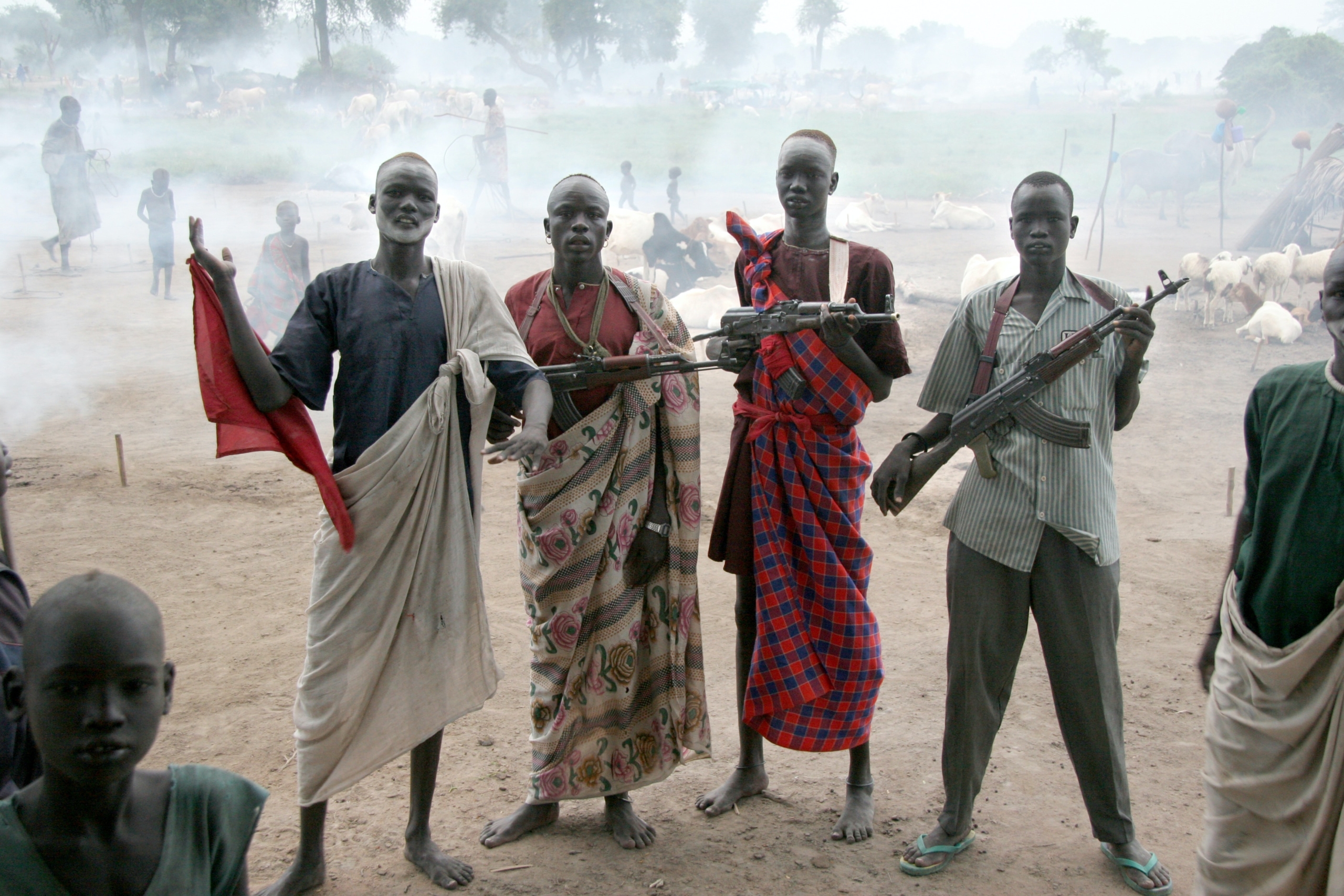Being Poor in South Sudan
 In the year 2023, many people contend that there is enough wealth to ensure that all people live contently. However, worldwide areas of the global theater are rife with significant degrees of poverty. In response, the immediate question that arises is why poverty occurs in the first place – however, the answer is not simple since there are a multitude of factors. For this reason, one cannot reduce the factors behind poverty to a single cause. Be that as it may, there are emergent themes common to poverty-stricken areas such as corrupt governments which can cause the regression of rich or flourishing nations into poor nations. Furthermore, a history of exploitative colonization, weak rule of law, political strife, warfare and social unrest are contributing factors. Regarding South Sudan, many similar themes have contributed to its poverty. This article explores being poor in South Sudan.
In the year 2023, many people contend that there is enough wealth to ensure that all people live contently. However, worldwide areas of the global theater are rife with significant degrees of poverty. In response, the immediate question that arises is why poverty occurs in the first place – however, the answer is not simple since there are a multitude of factors. For this reason, one cannot reduce the factors behind poverty to a single cause. Be that as it may, there are emergent themes common to poverty-stricken areas such as corrupt governments which can cause the regression of rich or flourishing nations into poor nations. Furthermore, a history of exploitative colonization, weak rule of law, political strife, warfare and social unrest are contributing factors. Regarding South Sudan, many similar themes have contributed to its poverty. This article explores being poor in South Sudan.
About Being Poor in South Sudan
South Sudan is consistently cited as the most poverty-stricken country in the world. In fact, about 82% of Southern Sudanese persons are poor. In 2013 and 2016, civil wars emerged which significantly undercut South Sudan’s advances to further its independence. These civil wars manifested more strife, displacement and external shocks which caused even more economic stagnation and instability, resulting in perpetual cycles of poverty.
In March 2022, a staggering statistic emerged asserting that more than 70% of Southern Sudanese persons will struggle to survive the peak of the annual “lean season,” because of unprecedented levels of food insecurity caused by climate shocks, COVID-19, rising costs and conflict. The United Nations further noted that Southern Sudanese people face extreme hunger, and tens of thousands are already severely malnourished because of successive and continuous shocks. If left unattended, many of these persons could starve to death.
The World Food Programme’s Efforts
The World Food Programme (WFP) has made significant strides in combating South Sudan’s poverty crisis. In 2021, the WFP provided 5.9 million persons with food and nutrition assistance, including more than 730,000 persons in South Sudan who “benefited from livelihood activities.” Additionally, since 2005, The World Bank Group (WBG) has oriented its attention to the country ever since the formation of the autonomous Government of Southern Sudan. In efforts to combat being poor in South Sudan, WBG is taking internal measures. The WBG’s Country Engagement Note (CEN) FY 21–23 is guiding its strategy. The main goals are to first lay the groundwork for institution building; second, continue support for fundamental public service delivery; and third, promote resilience and further livelihood opportunities.
Looking Ahead
A call to action for this global crisis is imperative. The merit of inhabiting a democracy is the ability to exercise one’s voice for not only domestic concerns, but broader global concerns which impact all persons, either directly or indirectly. In the case of South Sudan, fears of the situation growing worse are legitimately established, as espoused by the UN most ubiquitously. Therefore, calling on domestic and foreign leaders to orient their attention toward the persons of South Sudan remains obligatory. If addressed properly, South Sudan’s dire poverty crisis can be met with significant progress, if not eliminated entirely.
– Eric Van Evans
Photo: Unsplash
